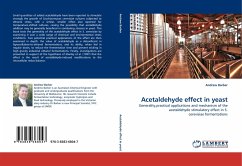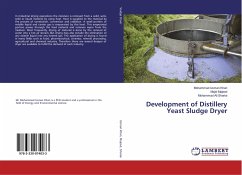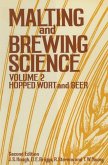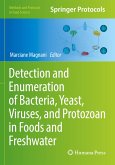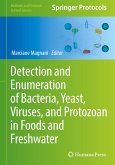Small quantities of added acetaldehyde have been reported to stimulate strongly the growth of Saccharomyces cerevisiae cultures subjected to ethanol stress, with a similar, smaller effect also reported for temperature-shifted cultures, raising the possibility that acetaldehyde addition may be generally beneficial in combating stresses in yeast. This book tests the generality of the acetaldehyde effect in S. cerevisiae by examining it over a wide range of chemical and environmental stress conditions. Two potential practical applications of the effect are then examined in depth: the value of acetaldehyde as a detoxificant in lignocellulose-to-ethanol fermentations, and its ability, when fed in regular doses, to reduce the fermentation time and prevent sticking in high gravity industrial ethanol fermentations. Finally, investigations are presented in support of the hypothesis of Stanley et al. (1997) that the effect is the result of acetaldehyde-induced modifications to the intracellular redox balance.
Bitte wählen Sie Ihr Anliegen aus.
Rechnungen
Retourenschein anfordern
Bestellstatus
Storno

